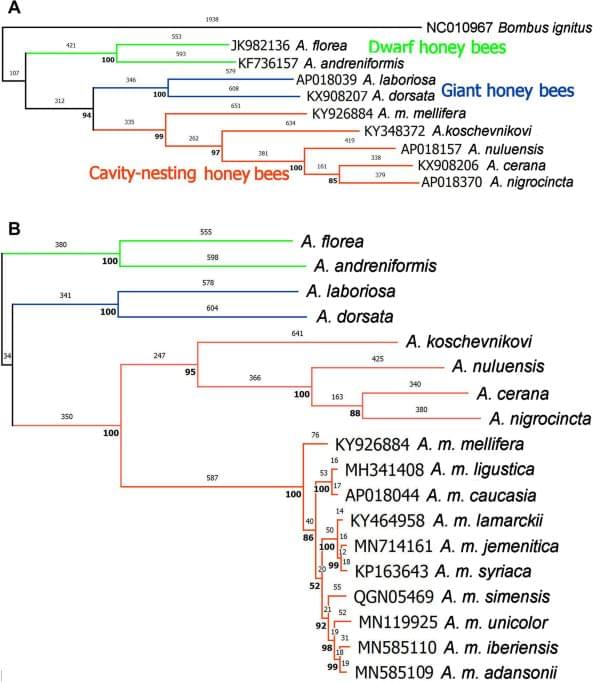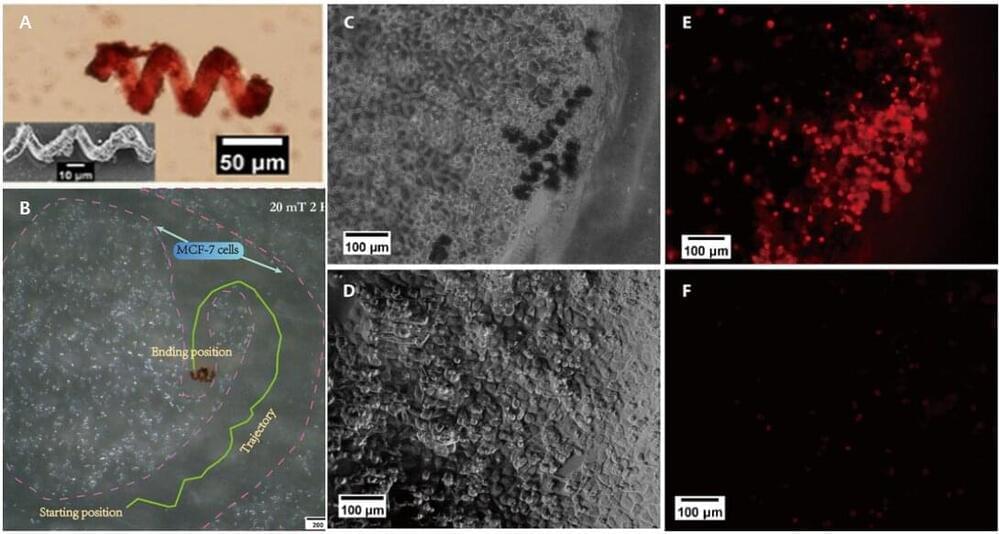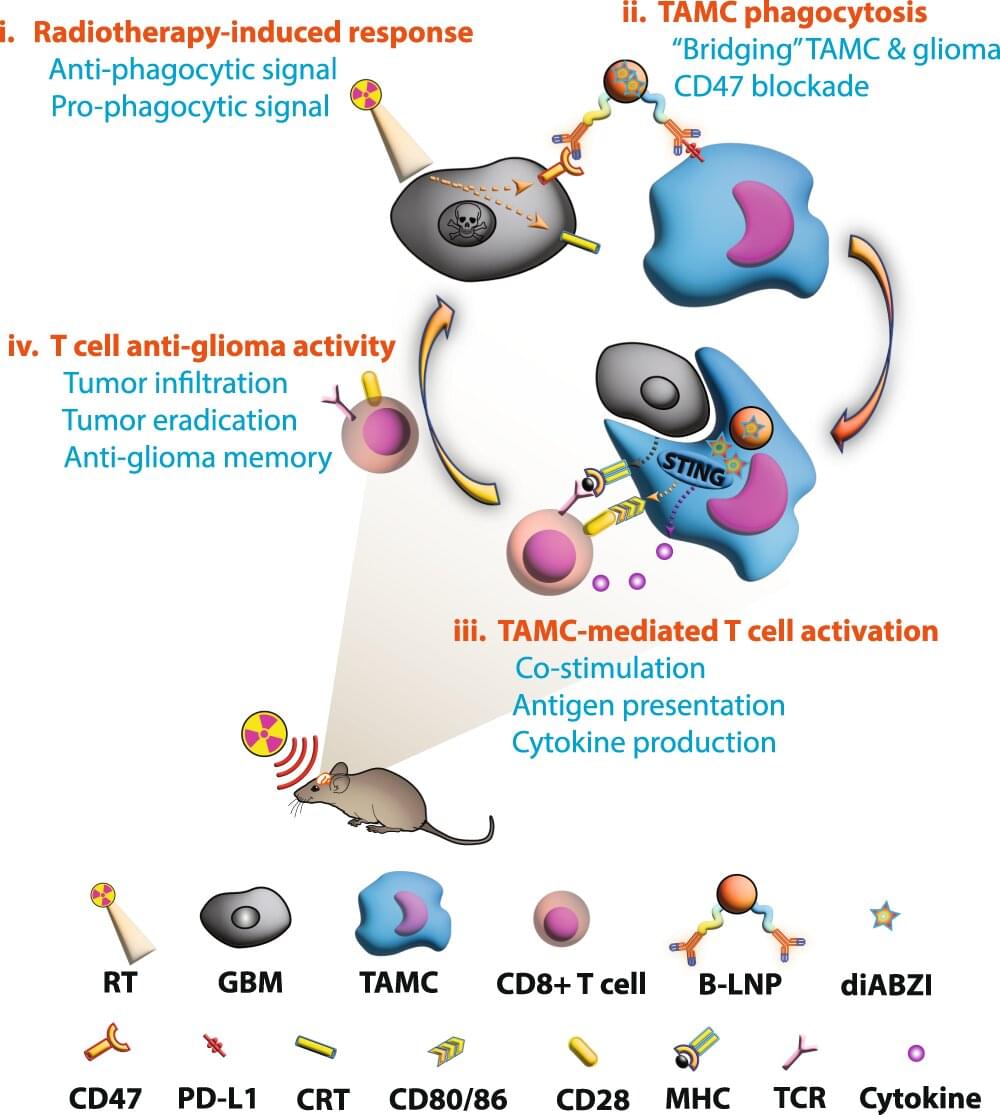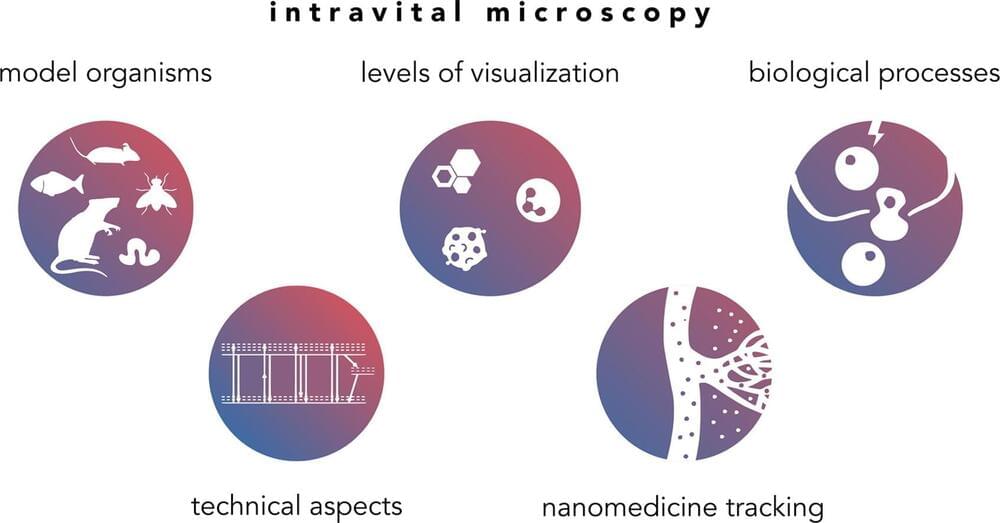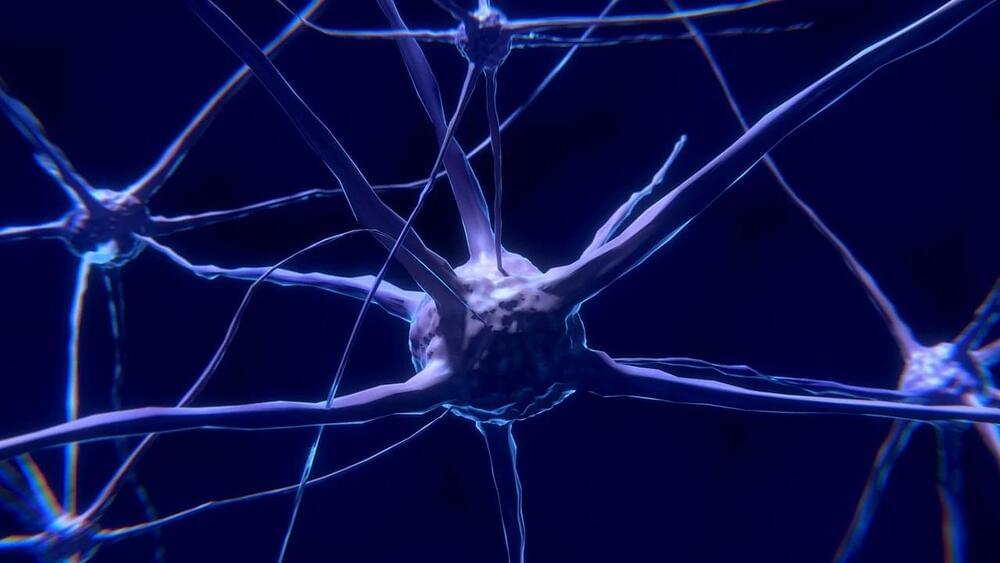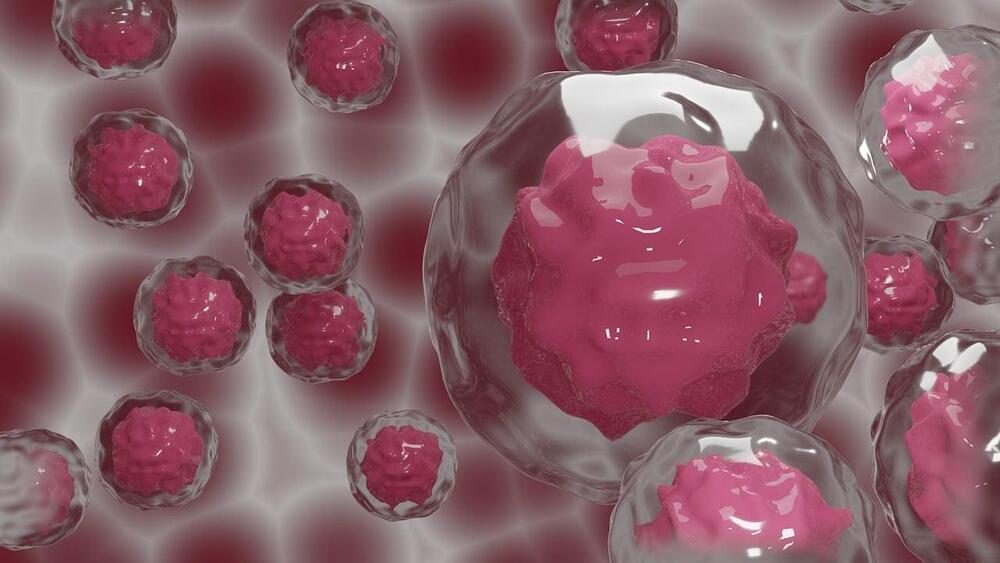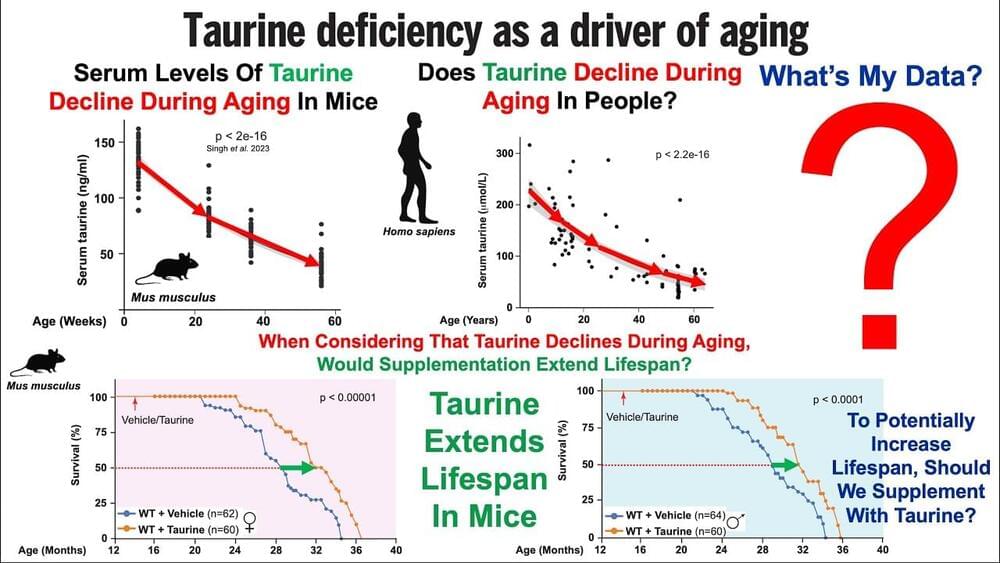Jun 11, 2023
Multiple mitogenomes indicate Things Fall Apart with Out of Africa or Asia hypotheses for the phylogeographic evolution of Honey Bees (Apis mellifera)
Posted by Dan Breeden in categories: biotech/medical, evolution
Previous morpho-molecular studies of evolutionary relationships within the economically important genus of honey bees (Apis), including the Western Honey Bee (A. mellifera L.), have suggested Out of Africa or Asia origins and subsequent spread to Europe. I test these hypotheses by a meta-analysis of complete mitochondrial DNA coding regions (11.0 kbp) from 22 nominal subspecies represented by 78 individual sequences in A. mellifera. Parsimony, distance, and likelihood analyses identify six nested clades: Things Fall Apart with Out of Africa or Asia hypotheses. Molecular clock-calibrated phylogeographic analysis shows instead a basal origin of A. m. mellifera in Europe ~ 780 Kya, and expansion to Southeast Europe and Asia Minor ~ 720 Kya. Eurasian bees spread southward via a Levantine/Nilotic/Arabian corridor into Africa ~ 540 Kya.
